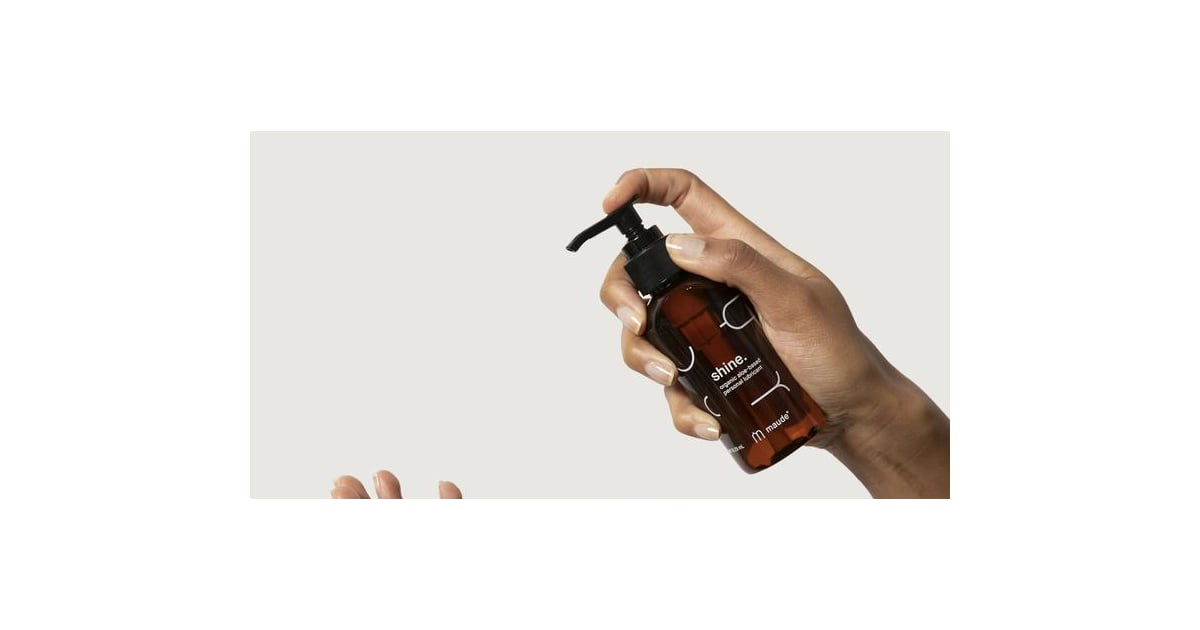
As POPSUGAR editors, we independently select and write about stuff we love and think you’ll like too. If you buy a product we have recommended, we may receive affiliate commission, which in turn supports our work.
Lubricant is meant to decrease friction and increase pleasure during sex. One of the last things you want your lubricant to do is cause vaginal or vulvar irritation and discomfort — like burning, itching, redness, or rashes. Yet if you have particularly sensitive skin, you may have unfortunately dealt with this issue in the past. Perhaps the fear of this happening has even stopped you from using lube entirely.
“Lubricants can have many different chemical bases and added chemicals — which for some function as irritations — and problems certainly can occur,” confirmed Felice Gersh, MD, an ob-gyn, founder of the Integrative Medical Group of Irvine. Not all lubricants are created equal, though. There are many products out there designed with sensitive skin and vaginal health in mind, you just need to know what to look for and what ingredients to avoid when shopping.
Dr. Gersh said it is best to avoid formulas that are made with chemical fragrances, parabens, cyclomethicone (a type of silicone), and chlorhexidine gluconate, which she explained is a disinfectant that can kill lactobacillus strains (the bacteria that help maintain a healthy vaginal microbiome). Instead, Dr. Gersh said to consider water- or oil-based formulas made with ingredients like organic aloe vera or organic coconut oil.
Above all, she stressed to always make sure your lubricant is compatible with your contraceptive method. For example, according to Planned Parenthood, lubricants that have oil in them can damage latex condoms, causing them to break. If you are using a sex toy, you also want to make sure the lube you are using is compatible with the sex toy material, as silicone-based lubricants can deteriorate sex toys made out of silicone. Fortunately, many lubricants note their condom and sex-toy compatibility on their packaging or online product descriptions. It can also be helpful to skin test the lubricant on a small section of nearby skin before using it on genitals to see how your skin will react. Remember: everyone is different when it comes to ingredient sensitivities. If you have any questions about what types of lubricant and lubricant ingredients are safe for you to use, reach out to your doctor for personalized advice. But to get you started, we rounded up eight lubricants for people with sensitive skin ahead.
—Additional reporting by Taylor Andrews
